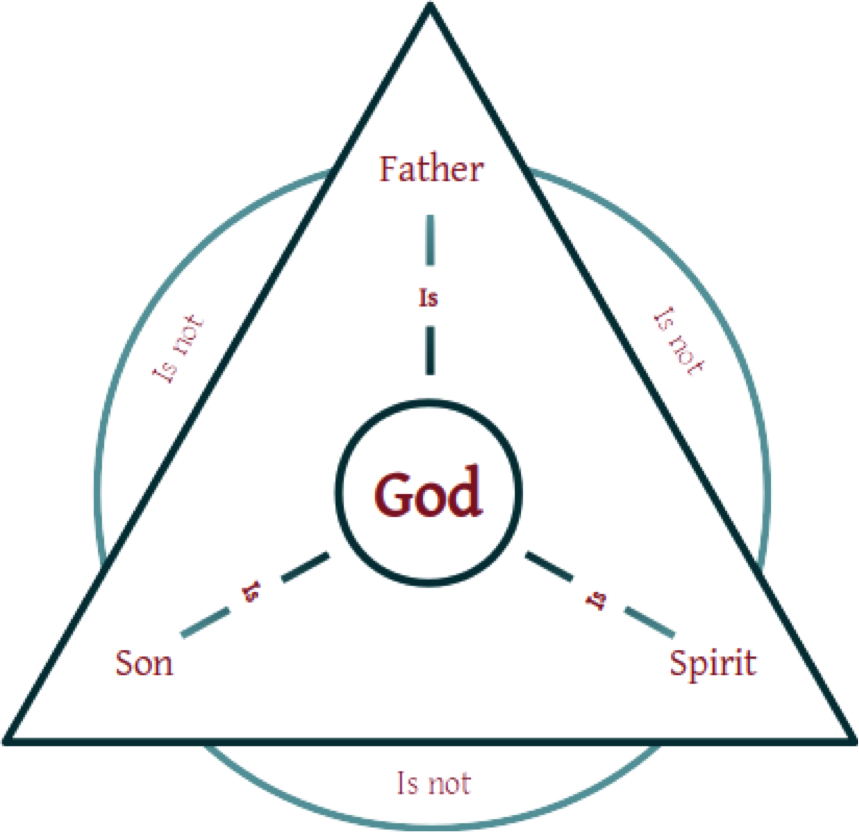“You do not know what tomorrow will bring.” As if these words in James 4:14 aren’t unsettling enough, the verse goes on to remind us of the uncertainty of our existence: “What is your life? For you are a mist that appears for a little time and then vanishes.” In other words, tomorrow…life could be drastically changed forever.
Read More“Impatient”- it is a word that singularly describes most of us who are Americans. From our fast-food to our hi-speed internet, we are seldom satisfied by anything less than instant gratification. We must have it all, right now.
Read MoreThe Advent season calls us to consider the promise of Jesus to come again. When asked about the time of his return, Jesus gave us all kinds of signs that we could observe in the interim between his two advents. He said there would be wars and rumors of wars, famines and earthquakes and all kinds of things like that would happen but that we were not to get perturbed or anxious about any of them because the end was not yet. He also said the gospel will be preached to all people groups before the end would come. That is something that it would seem could possibly be completed at the rate is happening now within this generation especially with the advent of the internet. There was, however, one particular sign that he associated with his second advent and with which he gave a very strong admonition...
Read MoreWe live in a politically charged climate these days. As a pastor, it is a climate I usually try to avoid entering whenever possible. However, when politics crosses wires with the Church (typically evangelicalism) and issues of moral concern, I am compelled to share my own voice when other voices are effectively speaking for me. The case of Roy Moore is such an instance of the wires crossing.
Read MoreSo, all the book reviews I read are either summary and analysis types which can get too involved or interview the author types which can meander too much, but it occurred to me that it would be nice to have a Q&A review that gets to the meat and potatoes of an author’s premise and gives a taste of their core assertions. Then again, it is me writing this so it may be both too involved and too meandering! Note: Dr. Vanhoozer’s personal responses are in the last two questions if you are interested (basically the ones I could not confidently figure out on my own).
Read MoreI know, you have been told that human souls are immortal: they can never die. You have been told “you have an immortal soul and are capable of living in immortal glory.”[1] But what if the Bible spoke of souls as dying, and referred to the dead as dead souls. Would that make a difference.? Would you have to re-examine your theology of the soul? I hope you would.
Read MoreWhen I was invited to write this paper, there was a discussion about the possibility of coming to “one mind” about any issue in the AC churches. Is this possible? We all know that if three Advent Christians have a debate, the outcome is four opinions--at least!
Read MoreIn a recent Advent Christian Voices article, Corey McLaughlin examines conditionalists’ treatment of Revelation 20:7-10 and concludes that our exegesis of that text has been “poor”, and based on “logic stretched thin.” He suggests that our problem is that we are trying to make Revelation 20 say that the lake of fire will come to an end, but that the text insists that it will not. To accurately reflect what is taught in Revelation 20:10, conditionalism will need to be modified to allow for the eternal conscious torment of the devil and his demonic agents.
Read MoreFor the past 150 or so years there has been an ongoing debate as to whether we should collectively affirm the historic doctrine of the Trinity. On one hand, it has been argued that the Trinity is part of the foundation of Christian belief and is, in one sense or another, an essential aspect of salvation by grace, through Faith in Christ alone. On the other hand, others have argued that it is merely a construct of the Roman Catholic church, a late addition to Christian belief, an extra-biblical teaching, or even an anti-biblical teaching. This has, it seems, prevented this denomination from fully joining together in Christian unity. And although in recent weeks these arguments have been brought forth anew as we together consider whether we should adopt the NAE statement of faith as our own, there has yet to be an argument set forth publically for or against the Trinity based on the Biblical evidence. It is, therefore, my intent to show the reader that the Trinity is an essential and biblical doctrine.
Read MoreEvery theological system I have studied has at least a few unruly texts that scratch and claw like a cat being pushed into a bathtub whenever someone tries to clean them up and fit them into their particular theological framework...
Read More









